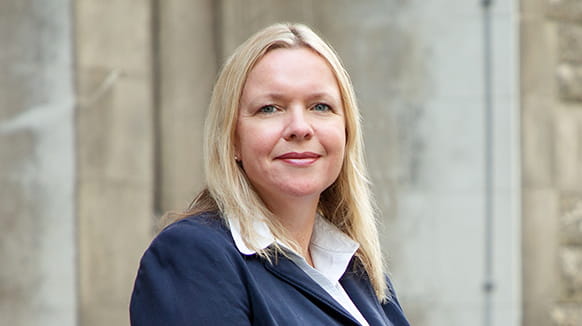In a welcome demonstration of further support to the Maritime Autonomous Surface Ships (“MASS”) industry, on the 6th October 2022 the UK’s Maritime and Coastguard Agency (“MCA”) released for consultation a new statutory instrument, The Merchant Shipping (Small Workboats and Pilot Boats) Regulations 2023 (the “Regulations”) and the 3rd edition of the Code of Practice for the Safety of Small Workboats and Pilot Boats, its accompanying code, (the “Workboat Code”). The new Regulations, when introduced, will revoke the 1998 regulations of the same name, with the new Regulations seeking to provide a more coherent legal framework for the certification of vessels, including the consequences of non-compliance. Further, the new Workboat Code, when introduced in Summer 2023, will replace the previous editions of the Workboat Code with positive recognition for autonomous vessels.
The new Workboat Code will apply to workboats less than 24m in length, including remotely operated unmanned vessels (“ROUVs”) operating as workboats when they are in commercial use as well as certain other types of vessels. It will apply to applicable United Kingdom (“UK”) vessels wherever they may be, as well as to non-UK workboats in UK waters operating out of UK ports. Importantly, the ROUVs to which the Workboat Code will apply are vessels which are operated from remote operation centres, with no persons on board.
The aim of the Workboat Code is to provide guidance on design, construction, engineering, hull systems, fire protection, lifesaving, navigation and radio equipment in order to set parameters for safety and protection of crew, personnel and the environment. The Workboat Code is intended to operate as a non-mandatory, alternative regulatory regime. In practice, this means that the Workboat Code will provide workboats, ROUVs operating as workboats and other vessels with a different and arguably more suitable legal framework than other merchant shipping legislation, by giving these vessels the option to comply. However, it may be the case that a vessel, instead, will opt to continue to comply with other merchant shipping legislation, providing a degree of flexibility as to the regulation vessels elect to follow.
The Workboat Code notably includes a new, specific annexure on ROUVs (set out at Annex 2 to the Workboat Code). Annex 2 is intended to outline the general requirements for ROUVs, safety guidance against risk of fire or build-up of bilge water, steps to be followed for pre departure checks, methods of responding to distress, navigation, the remote control of ROUVs and an outline of safety management systems to ensure the protection of other water users, the ROUV itself and the marine environment.
The inclusion of Annex 2 in the MCA consultation on the Workboat Code is an example of the flexible and forward-looking regulatory framework offered within the UK maritime space and the desire to offer support to the rapid expansion of the ROUVs fleet.
The consultation remains open until 29 December 2022.
Other notable MASS developments
The National Centre for Coastal Autonomy (“NCCA”) was launched in Plymouth in October 2022. The NCCA marks the introduction of the UK’s first autonomous coastal observation network and works to use surface autonomous vessels to garner an understanding of the coastal and marine environment. This is set to be an internationally prestigious project which further cements the UK’s strength in finding new ways of benefitting from autonomous vessel technologies.
Ocean Infinity have taken delivery of their first two 78 metre class vessels – Armada 7801 and 7802. These vessels are now sailing from Vietnam to Norway for the fit out of the remote command and control systems. At the core of the project were the concepts of clean, green energy, namely the ability to run on ammonia. It is hoped that the vessels will be able to support and provide services to both the offshore energy industry and maritime transport due to their unique design.
In September 2022, ASKO Maritime christened its two sea drone freight ferries, which are designed to sail unmanned. The two vessels, MS Marit and MS Therese, are each 67 metres in length and are now in operation between Moss and Horten in Norway, carrying groceries for ASKO’s parent company. The two vessels are initially sailing with a crew of four personnel, which, after a two-year trial period, will move to being fully unmanned and monitored from a remote centre onshore. Manning of the vessels is provided by Massterly, the world’s first vessel management company set up to provide technical management and operation for autonomous vessels.
Between 2 and 11 November 2022, the International Maritime Organisation Maritime Safety Committee (“IMO MSC”) met for an eight-day meeting. Whilst a range of topics were discussed, most notable was the continuation of the discussion surrounding the creation of a mandatory MASS Code set to take effect in January 2028. The IMO MSC were updated on the outcome of the September 2022 meeting of the Joint MSC/LEG/FAL Working Group (“JWG”) on MASS, at which a living document on MASS was created. The IMO MSC agreed to accept the work plans developed at the September 2022 meeting and further agreed to hold two meetings of the JWG in due course.

